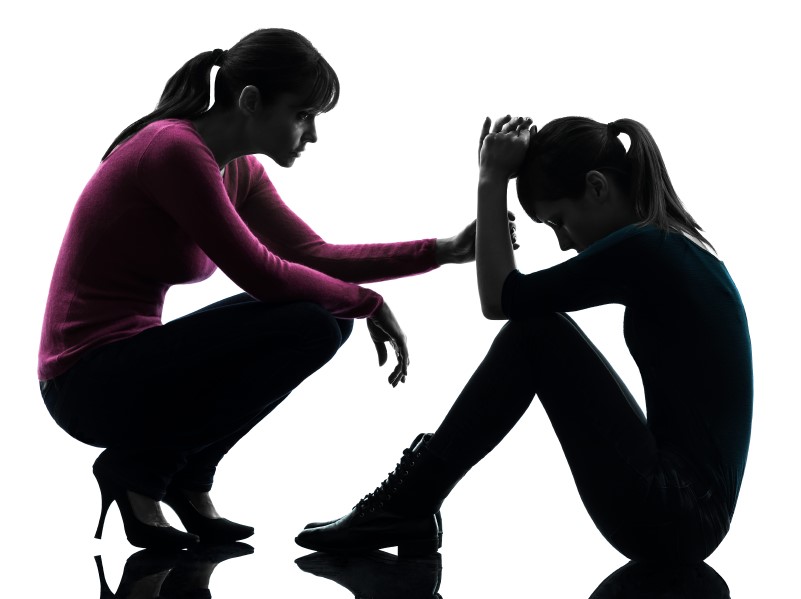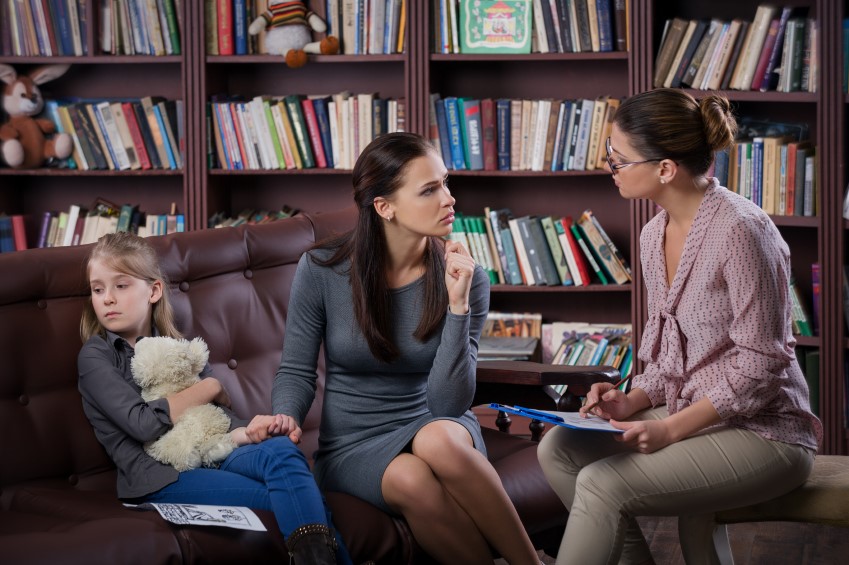
Life coaching intervention is shown to enhance goal-striving, wellbeing, hope, and life satisfaction. Life coaching can increase quality of life, and even reduce anxiety, depression, and stress. Just as these problems aren’t faced by adults alone, the benefits of life coaching have no age limit. Skilled life coaches are able to help a diverse range of clients transform and improve their life situation. With the right training, coaches can even help their community’s youngest members navigate the challenging path to adulthood.
If you choose to pursue your own life coaching certification, you can gain the modern therapeutic, academic, and experiential education you need to work effectively with clients of your choice, including youth.
Studies from the emerging field of life coaching psychology indicate that certain coaching approaches have a marked impact on the health of today’s young people. Enhanced goal striving and goal attainment, increased perceived control over environmental factors, and a greater openness towards new life experiences are some of the successes in store for your clients when you master the following life coaching approaches.
Helping Youth Learn to Resolve Crises & Look Toward Brighter Futures
In life coaching training, you will learn how to assess and screen clients from all walks of life, including teens and children. Through the development of a comprehensive understanding of issues specific to youth and youth at risk, you will be able to identify any high-risk behaviours or problem areas preventing a young client from fulfilling their personal potential.
For many young clients, these problem areas include family issues, peer culture, puberty, and even drug and alcohol abuse. It’s the responsibility of a professional life coach to gain these clients’ trust, coach them with compassion and respect, and intervene in their crises-management accordingly.
By understanding the key developmental aspects essential for personal growth and self-actualization, life coaches can teach young people to ultimately resolve their own personal crises. By helping them diminish inappropriate behaviour, establish adequate boundaries with peers, and find positive ways to relate to family, life coaches give youth the skills that they need to be advocates for themselves and even leaders in their community. With the guidance and support of a life coach training graduate, young clients recognize that their futures are in their own hands – and they can become healthy, productive and contributing participants in the community.
Working to Resolve Childhood Trauma/Overcome Challenging Behaviour
Often, life coaches and counsellors are employed to help young people dealing with trauma. Along with the practical counselling techniques you’ll learn in your training, it takes compassion and determination to serve youth with traumatic past experiences.
According to the International Coach Federation, a life coach must “demonstrate confidence in working with strong emotions, and can self-manage and not be overpowered or enmeshed by client’s emotions.” This is a core competency expected from graduates of any top life coach school. If you already consider yourself to be a compassionate person, you can hone your personal strengths into a professional life coaching career and work with this particular young clients.

Life coach training grads can work in harmony with parents toward a child’s best mental health
Part of your life coaching and counselling studies will involve developing a certain awareness of clients’ indicators of health. Specific indicators of suicidal ideation, self-harm behaviour, and clinical depression are just as likely to be present in a young client as they are in an adult. In these scenarios, a life coach’s intervention, collaboration with medical professionals, and communication with a client’s family members can truly ensure the safety of a child’s life.
Life Coaching Youth for Positive Experiences in Educational Settings
An emerging niche of the life-coaching profession is coaching clients within an educational or academic setting. This is distinct from educational coaching or tutoring, which is aimed at improving academic performance alone. Instead, educational life coaching “aims to build resilience and well-being in young people, and help students cope with the stresses of school,” according to researchers Campbell and Garner.
Studies show that senior high school (when students are aged 15 to 18) is a difficult time for many students. Students frequently feel under considerable pressure to perform well academically, as performance at high school influences university entry and future career prospects. Some findings indicate that life coaching in an academic setting is an increasingly popular way communities are dealing with teenagers under stress.
With the right training, your guidance can help make a difference to youth in crises, managing trauma, or handling the common stresses of the young academic.
Are you interested in pursuing your own life coach career?
Visit Rhodes Wellness College for more information about getting started.









